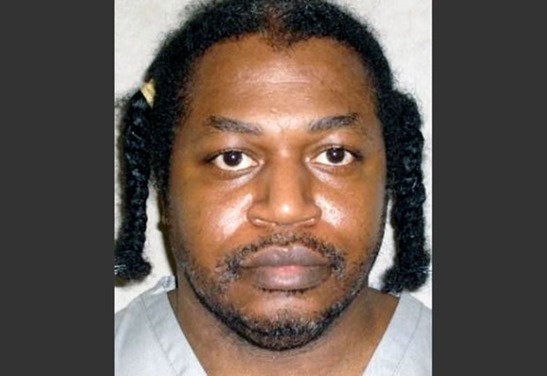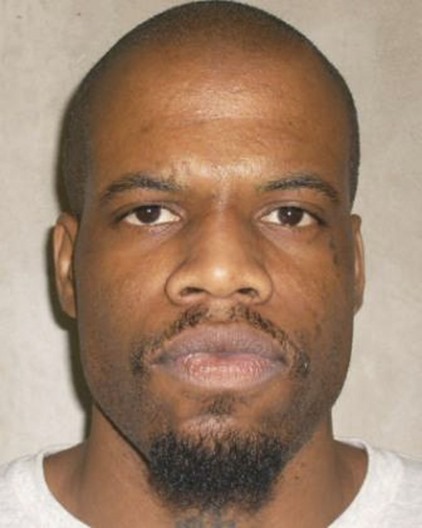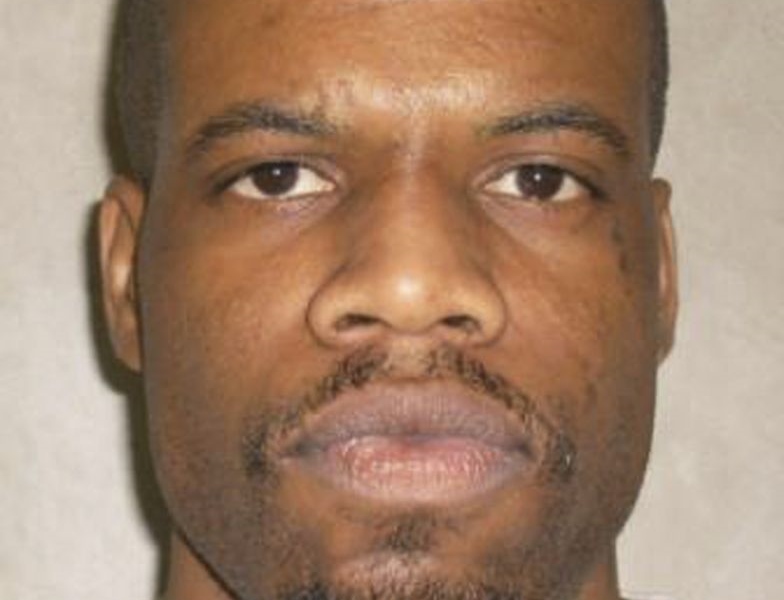The Guardian
May 1, 2014

The state of Oklahoma botched one execution and was forced to call off another on Tuesday when a disputed cocktail of drugs failed to kill a condemned prisoner who was left writhing on the gurney.
After the failure of a 20-minute attempt to execute him, Clayton Lockett was left to die of a heart attack in the execution chamber at the Oklahoma state penitentiary in McAlester. A lawyer said Lockett had effectively been “tortured to death”.
For three minutes after the first drugs were delivered Lockett struggled violently, groaned and writhed, lifting his shoulders and head from the gurney.
Some 16 minutes after the execution began, and without Lockett being declared dead, the blinds separating the chamber from the viewing room were closed. The process was called off shortly afterwards. Lockett died 43 minutes after the first executions drugs were adminsitered.
The execution of Charles Warner, scheduled for 8pm local time, was then postponed. Both were due to have been carried out with a drug cocktail using dosages never before tried in American executions.

Lockett, 38, was convicted of the killing of 19-year-old, Stephanie Neiman, in 1999. She was shot and buried alive. Lockett was also convicted of raping her friend in the violent home invasion that lead to Neiman’s death.
Warner, 46, was found guilty of raping and killing 11-month-old Adrianna Waller in 1997. He lived with the child’s mother.
Death penalty states have scrambled to find new execution methods after drugs companies opposed to capital punishment, mostly based in Europe, withdrew their supplies.
Oklahoma decided to lethally inject Lockett and Warner with midazolam ,which acts as a sedative and is also used as an anti-seizure drug, followed by vecuronium bromide and potassium chloride. Florida has used a similar method but it employed a dose of midazolam five times greater. Ohio used midazolam alongside a different drug, hydromorphone, in the January execution of Dennis McGuire, which took more than 20 minutes.
The grim outcome on Tuesday in Oklahoma appeared likely to fuel the debate over the death penalty in the US, in particular the use of these untested drugs combinations.

